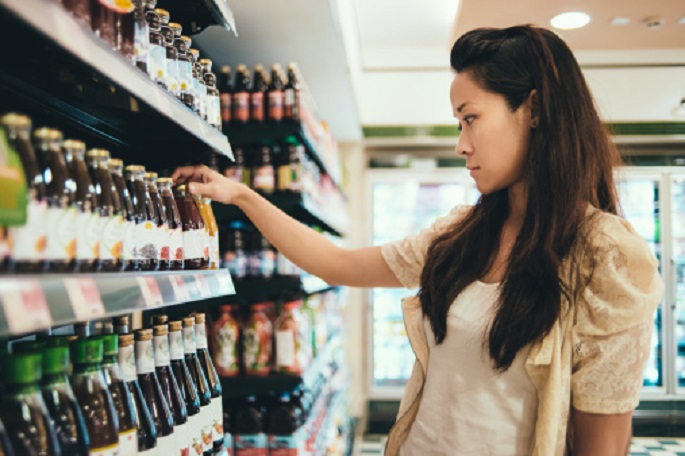Eating right is not the only thing that promotes good health. What people drink affects the body, too--even possibly the economy.
With a pledge reflected in the words “Chinese Beverage Industry Health Actions,” the China Beverage Industry Association commits itself to amplifying its efforts in promoting healthy beverages, reported the Global Times.
Where else could CBIA make such declaration of commitment appear more appropriate and timely than at the China Innovative Technology on Nutritional and Healthy Beverage Seminar held in Tianjin on April 14.
More than 150 people from the country’s beverage sector witnessed the pledge made by CBIA.
According to the report, among the steps to be undertaken by the association to ensure the strong promotion of good health include asking beverage companies to provide “more detailed nutrition labels” and to practice “responsible marketing.”
The commitment also shows CBIA’s support to “Health China.”
As various experts in the country believe that improvement of health conditions will promote productivity and contribute to the strengthening of the economy, the government pushed for “Health China” to be treated as a national strategy during the Fifth Plenary Session of the 18th Communist Party of China Central Committee held in Beijing from Oct. 26-29, 2015, according to Xinhua Finance Agency.
“Health itself is productivity,” said Ma Weihang, the deputy chief of the Health and Family Planning Commission of Zhejiang Province.
The National Health and Family Planning Commission spearheaded the drafting of the Construction Plan for Health China (2016-2020) in Sept. 2015. The plan regards “Health China” as a national strategy and “integrates it into policies for social and economic development.”
“To construct the ‘Health China’ strategy is everyone’s duty. We should advocate healthy lifestyle,” said NHFPC director Li Bin.
According to the EU SME Center and the China-Britain Business Council in their July 2015 joint report titled, “The Food & Beverage Market in China,” the country “has emerged as the world’s largest consumer market for F&B, surpassing the United States” in 2011.
Jihong He, chairman of the Association for China Food Circulation, said that the beverage market in the country can become the biggest in the world, reported Daxue Consulting in Sept. 2015.
Many physicians and nutritionists would agree that water should top the list of the best beverage one can have because, for one, it has no calories. Many health experts even recommend people to drink 6-8 glasses of water daily.
The Chinese seems to be aware of the health benefits of water. In the country, water reigns as “the largest segment of the beverage industry,” according to Daxue Consulting. It was estimated that there were some 55 million tons of bottled drinking water in the country in 2013.
Sales revenues for fruits juices and milk were estimated to reach up to $26 billion and $14.5 billion, respectively, in 2015.
As for carbonated drinks, they don’t have a large fan base in China. Daxue said that the growth of the soft drinks market in the country is “quite slow.” In 2000, its market share was at 36 percent. By 2014, it was down to 25 percent.
For tea, according to the report, more than 10,000 brands compete in the market.



























